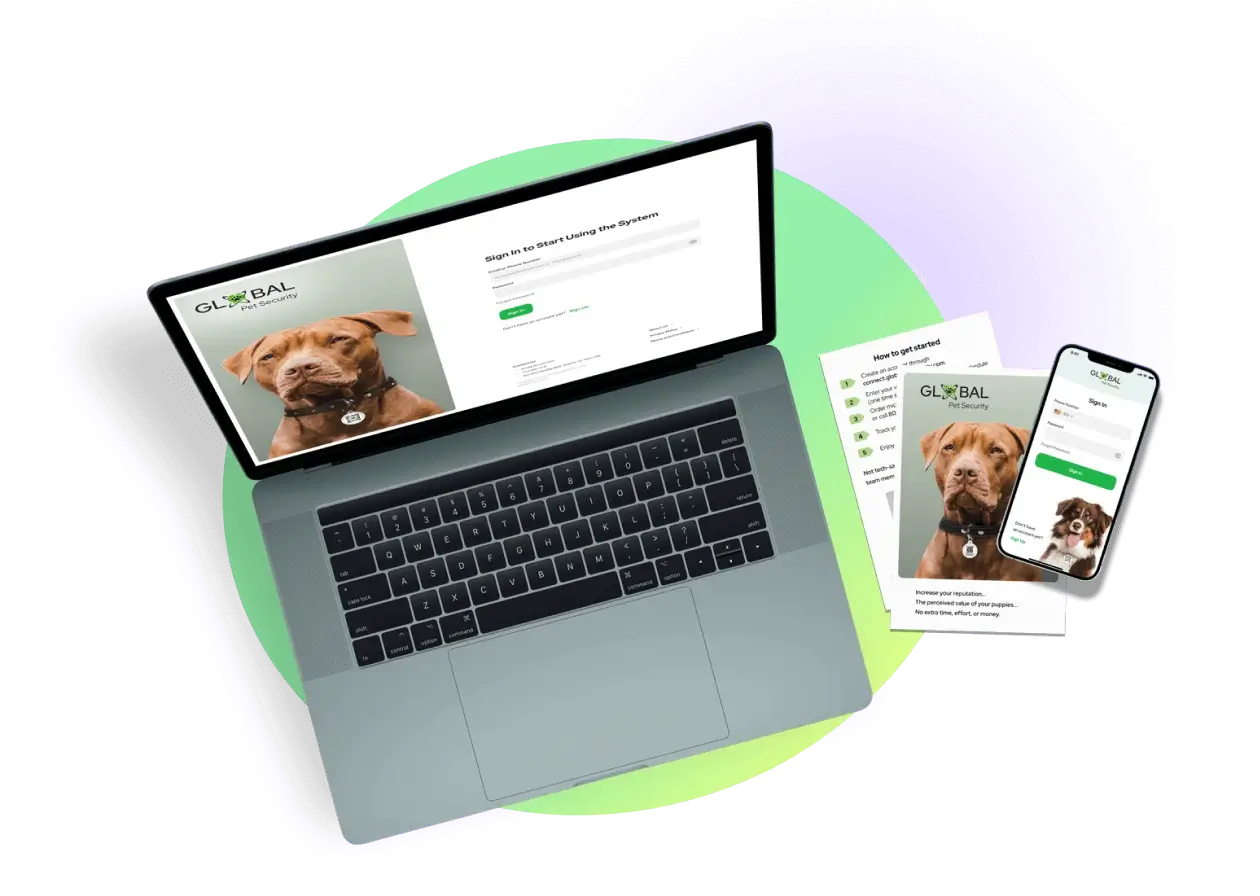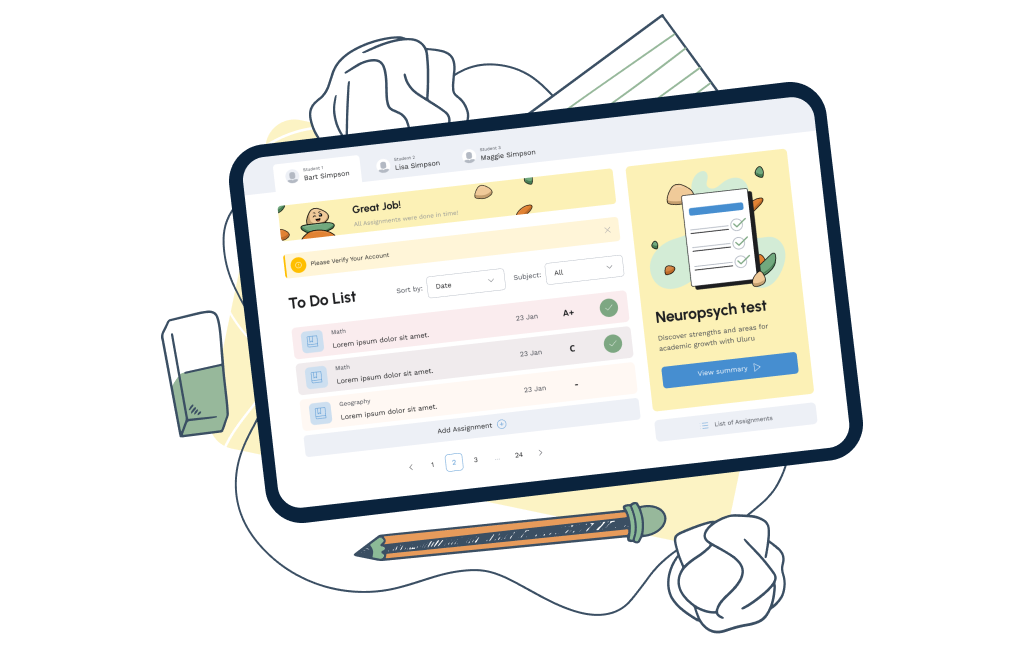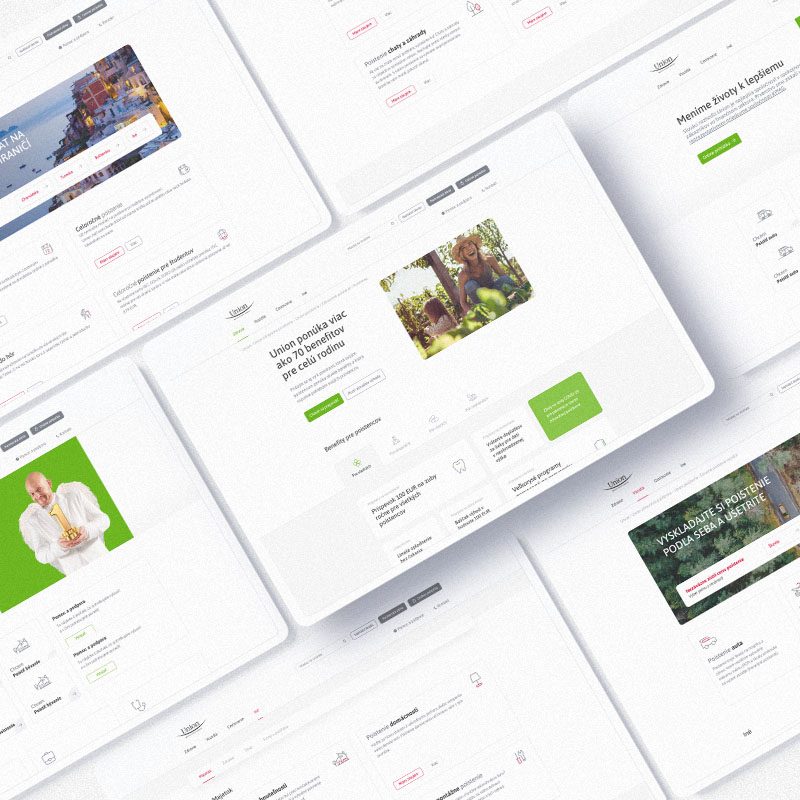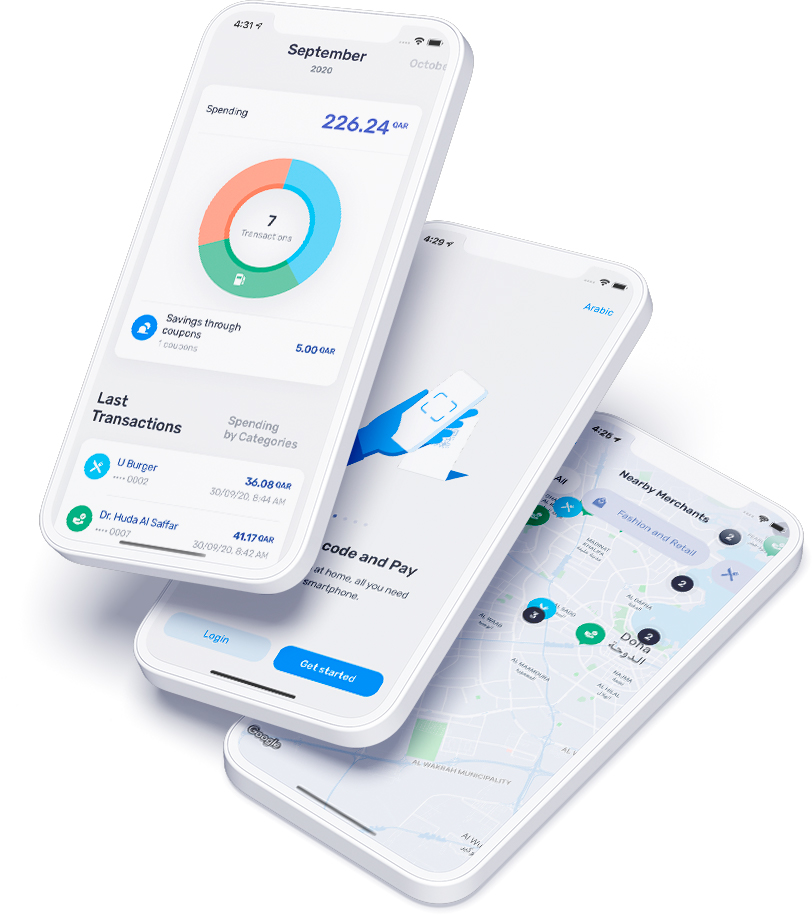Great software, zero headaches
AI Process Automation
We guarantee you are always confident that your business runs at its best. With the help of AI, we automate your repetitive and manual tasks to improve efficiency, accuracy, and scalability.
15+
Years
expertise
140+
Happy
clients
95%
Client
retention

Make AI work for you
Improve control over your operations, so nothing keeps you up at night.
-
Automate document processing and data entry
Extract key information from documents such as invoices, contracts, and forms. Categorise and input data into relevant systems, reducing manual effort and errors.
-
Simplify email and communication management
Sort, prioritise, and draft responses to emails based on urgency and content relevancy. Automate routine communications, ensuring faster response times and improved efficiency.
-
Process invoices and payments without stress
Match invoices with purchase orders, verify accuracy, detect fraudulent transactions, and schedule payments—all without manual intervention.
-
Forecast demand with ease
Use AI-driven analytics to predict demand and automate inventory management while having accurate and up-to-date stock information.
-
Speed up the recruitment process
Analyse resumes and rank candidates based on job requirements, experience, and skills to improve and accelerate the hiring process.
-
Provide 24/7 customer support
With the help of AI chatbots and virtual assistants, you can handle customer inquiries, schedule appointments, provide support, and assist with troubleshooting while improving response times.
-
Automate report writing
Transform raw data into structured, easy-to-understand reports, complete with summaries, insights, and visualisations, with no manual drafting and headaches on the way.
Our clients












Improve your processes to work smarter
Save time
AI handles repetitive tasks freeing your team to focus on bigger priorities.
Reduce costs
You save money in the long run by lowering labour costs and minimising human errors.
Improve accuracy
Eliminate mistakes in calculations, data processing, and decision-making.
Improve customer service
Respond instantly to customer inquiries, improving satisfaction and loyalty.
Boost productivity
Speed up operations and get more done in less time.
Increase scalability
Handle more tasks with less stress without needing extra staff.
Rely on our experience
01 AI overview and problem identification
02 Data readiness
03 Model training and development
04 Model tuning
05 Deploying
Workshop sessions with your stakeholders to review AI landscape, most popular use cases and map them for your business.
Data availability, quality, and quantity to solve the problem and create proper data strategy. Optionally - conduct a technical audit if needed to understand your systems and infrastructure.
Test and experiment with various models to see what works best, measure performance, and select the best one for your needs.
Fix and improve model’s accuracy, efficiency, and performance.
Deploy the AI model into the production environment.
Why Altamira?
Deep expertise in AI
As a zero-headaches software partner with track record of pushing the boundaries of what’s possible with technology.
Swift solutions, solid results
Streamlined development process ensures you get the most value from your investment.
Be always in control
Trust through transparency and clear communication so you’re always confident and informed.
Case studies






Custom mobile app for dog owners
Modern technology can help owners care for their dogs and keep them safe. GPS tracks and saves dogs’ history for their whole life, easily transfers it to new owners and ensures the security and detectability of the animal.

Restaurant POS system development
There are still numerous cafes and restaurants that get by with only cash, pen, and paper, having no clue about all the ways a modern POS system can help them run a restaurant faster, easier, and more successfully.

AI-powered web and mobile app solution development
In response to the need for accessible neuropsychological assessments, Altamira introduced a transformative solution that reimagines the traditional approach to diagnosing and monitoring cognitive, mood, and personality disorders in children.

Web design and development
Our client, Union, a prominent insurance provider established in Slovakia since 1992, recognising the importance of a strong digital presence and operational efficiency, aimed to improve their technological capabilities through user-focused web solution.

Mobile payment and virtual terminal app
The SkipCash mobile payment app is operated in Qatar, where common PoS terminals are not widespread. SkipCash tries to solve this problem with a mobile payment app that replaces the payment terminal on the seller's side and replaces the payment card on the client's side.

Website development
We took over the maintenance, continuous improvement, and further development of the website for the most famous and largest Slovak cultural institution – Slovak National Theater.

People also asked
When we use artificial intelligence to streamline, optimise, and manage business processes with minimal human intervention, it is called AI process automation. As a result, with the help of AI, we help systems to learn, adapt, and make data-driven decisions.
AI models are trained to analyse data, identify patterns, and make decisions based on predefined rules or machine learning models. With AI, you can easily handle repetitive tasks, extract insights from unstructured data, and continuously improve workflows. Contact us for a free expert consultation regarding using AI for process automation.
Process automation focuses on rule-based workflows and repetitive tasks, while AI introduces adaptability, learning, and decision-making capabilities. When shifting to business process automation with AI, you can analyse data, recognise patterns, and optimise processes beyond fixed rules.
Intelligent process automation combines AI, robotic process automation, and other technologies to take business processes to the next level. It enables smarter decision-making, automates complex workflows, and improves efficiency by integrating cognitive capabilities. Get in touch to learn more about using AI for business process automation.
Typically, the process of AI business process automation can be divided into the following stages:
- Data collection and preparation to gather, clean, and structure data for analysis.
- Model training and development with the help of machine learning to create predictive or decision-making models.
- Deployment and integration to implement the AI model into existing systems and workflows.
- Monitoring and optimisation are needed to refine the model continuously based on new data and performance feedback.
AI business process automation uses machine learning, natural language processing, and advanced algorithms to perform tasks, analyse data, and make decisions. It continuously improves by learning from new data, optimising processes, and reducing human intervention.
All our services
Services provided by Altamira
Artificial Intelligence
Outstaffing
Expertise
AI tech stack provided by Altamira
Machine Learning
Deep Learning
Big Data Processing
Related blog posts
Looking forward to your message!
- We will send you a confirmation email once your message is received
- Our experts will get back to you within 24h for a free consultation
- All information you provide will be kept confidential and protected under NDA
- We will provide an initial project estimate during your consultation




